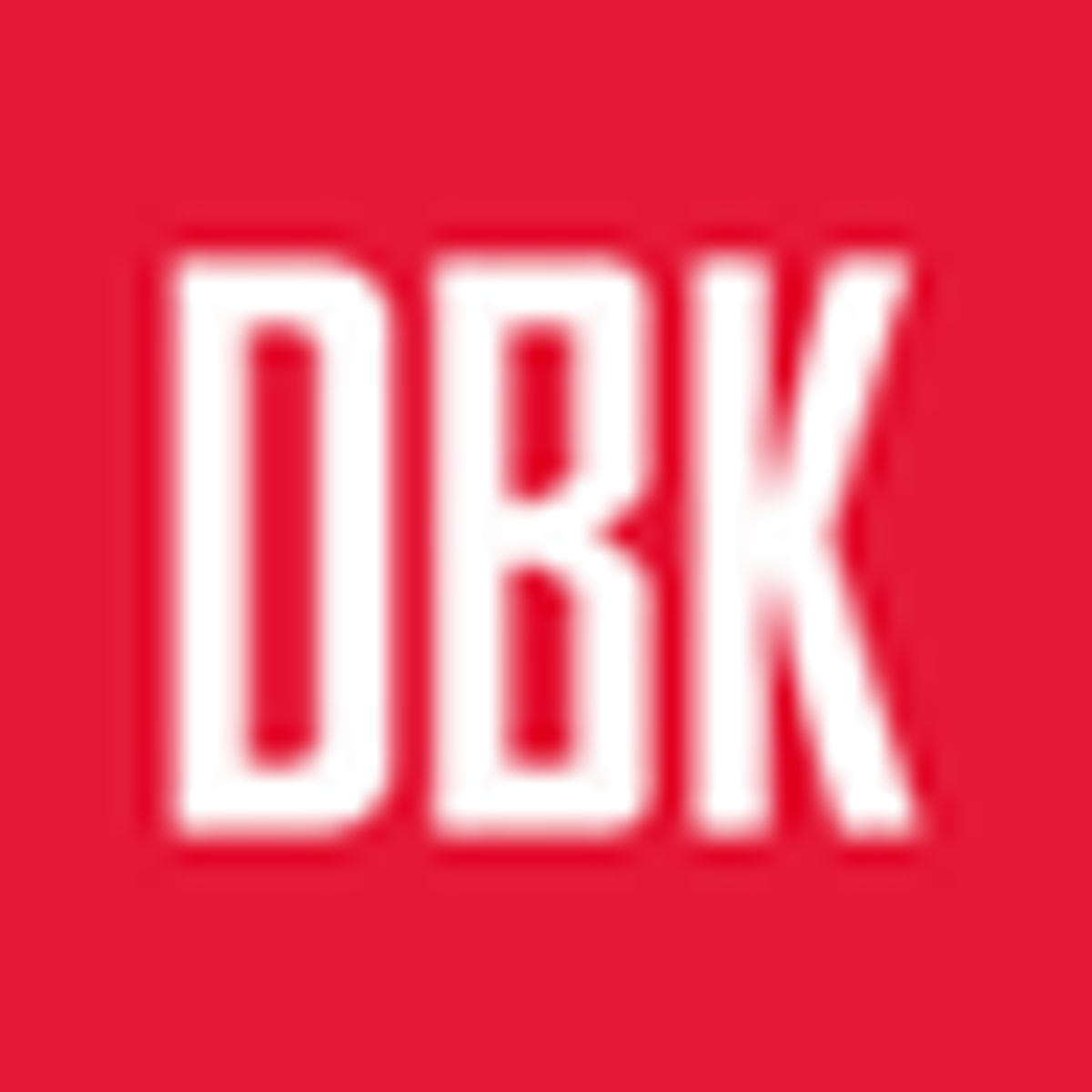By Ryan Romano
For The Diamondback
New York Times columnist and best-selling author Thomas Friedman presented a picture of drastic change at the University of Maryland’s Sadat Forum Thursday.
As he paced on the stage in Stamp Student Union’s Colony Ballroom before more than 400 people, Friedman explained the argument and outlook behind his latest book, Thank You for Being Late: An Optimist’s Guide to Thriving in the Age of Accelerations.
Three “non-linear accelerations” — digital globalization, climate change and technological advancement — are shaping the planet, Friedman said. As technology quickly progresses, the world becomes more connected and climate change is exacerbated, he argued.
Friedman pinpointed 2007 — a year in which Facebook and Twitter became dominant forces across the globe, Apple introduced the iPhone and Google unveiled Android, among other developments — as a key year for technological advancements. That year, he said, “may be understood as the single greatest technological inflection point since Gutenberg [introduced printing to Europe].”
Senior government and politics major Lara Fu agreed with Friedman’s premise that technological change is driving a new wave of globalization.
“The first time, we had manufacturing and concrete industrial revolutions, but now it’s this whole other wave of technology and all of these things coming to a head,” Fu said.
The 2008 recession, Friedman said, coincided with the prior year’s technological change and devastated many people across the world.
“We had a confluence of these things that happened,” he said. “We did not have the safety net, we did not have the mechanisms in place really to deal with the scale of people who were uprooted.”
Some elements of society still have yet to catch up to these changes, which can lead to problems, said Shibley Telhami, the Anwar Sadat Professor for Peace and Development.
“The change has happened so rapidly in some arenas that we certainly haven’t adapted either individually or collectively or politically to that change,” said Telhami, who introduced Friedman. “The question is, are we capable of adapting? And what do we need to do to adapt?”
Friedman highlighted several organizations that have responded to these changes, ranging from telecommunications company Qualcomm, which created a monitoring system for its janitorial staff to detect and respond to problems, to education nonprofit Khan Academy, which has paired with the College Board to provide free SAT tutorials online. These set an example for the rest of us to follow, he said.
In the wake of this upheaval, Friedman decried an ideology he called “fuck it, don’t fix it.” Critics of the European Union, the Trans-Pacific Partnership and NATO should not seek to withdraw from these institutions, he said, but instead try to remedy their flaws.
“We are now playing with big systems, and it’s being done by ignoramuses,” he said to applause. “If we end up abandoning the concept of reforming and fixing things, woe be unto us.”
Friedman emphasized students should remain optimistic about these accelerations. He cited two reasons for his own positive outlook: parenthood — having children means he “can’t afford to give into despair” — and his reporting experience, which allows him to meet normal people across the country.
Nathaniel Self, a sophomore computer science major, said he appreciated Friedman’s optimism, as that attitude is the only way to change the world.
“Even if you don’t agree with the fundamentals of being optimistic about the state of the world, strategically it’s a way to get your goals achieved,” Self said.
University President Wallace Loh praised Friedman’s columns, which he said make his day every morning.
“There is nothing I enjoy more than having a leisurely breakfast, reading The New York Times — not electronically, but the paper version — and savoring his very thoughtful insights about the world around us in his columns,” Loh said.
In closing, Friedman highlighted the attributes he said were most important for prospective journalists: enjoying interacting with people and being a good listener.
“Listening is a sign of respect,” he said. “And it’s amazing what people will let you say to them … if they think you respect them.”
CORRECTION: Due to a reporting error, a previous version of this story incorrectly stated that more than 200 people attended the forum. It was more than 400. This story has been updated.



